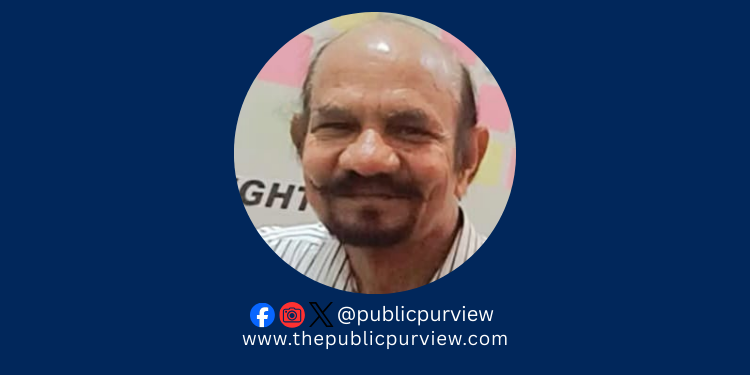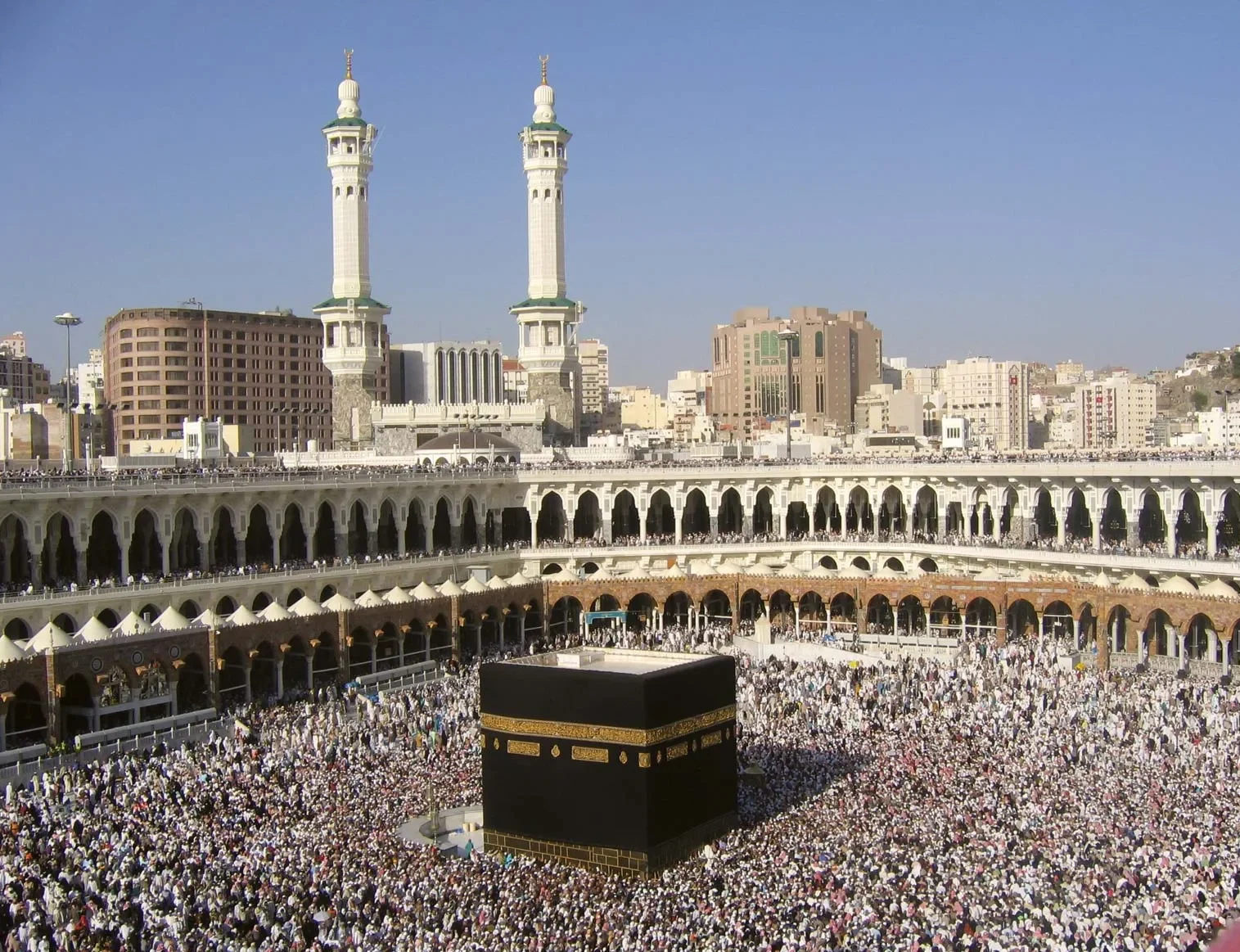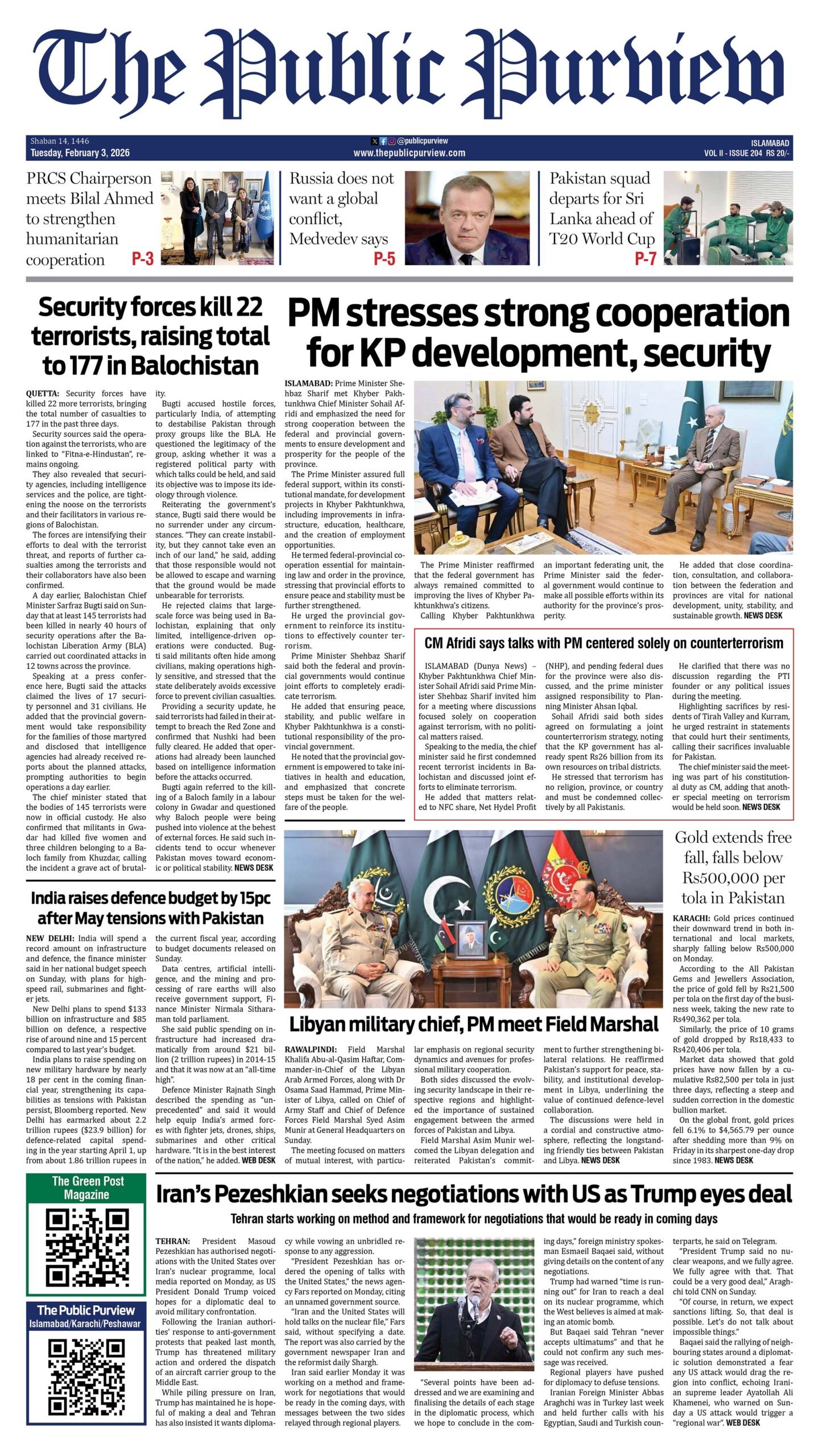VIENNA: Iran has supplied now not to amplify its inventory of uranium enriched to up to 60% purity, close to the roughly ninety% of guns grade, and made preparations to try this, the UN nuclear watchdog stated in confidential reviews to member states on Tuesday. The offer is conditional, but, on Western powers abandoning their push for a resolution in opposition to Iran at this week’s assembly of the International Atomic Energy Agency’s 35-kingdom Board of Governors over its lack of cooperation with the IAEA, diplomats stated, adding that the frenzy changed into continuing. During IAEA chief Rafael Grossi’s ride to Iran last week, “the opportunity of Iran now not further expanding its stockpile of uranium enriched as much as 60% U-235 become discussed”, read one of the two private quarterly IAEA reports, each visible by way of Reuters. It delivered that the IAEA had verified that Iran had “begun implementation of preparatory measures”. Iran’s provide changed into to cap the inventory of uranium enriched to as much as 60% at round 185kg, or the quantity it had two days in the past, a senior diplomat said. That is sufficient in principle, if enriched in addition, for four nuclear guns, in line with an IAEA yardstick. Iran denies seeking nuclear weapons. The file said Iran’s inventory of uranium enriched to as much as 60% had grown via 17.6kg for the reason that preceding file to 182.3kg as of Oct 26, additionally enough for 4 guns by that measure. INSPECTORS The 2d record stated Iran had additionally agreed to don’t forget permitting four greater “skilled inspectors” to paintings in Iran after it barred most of the IAEA’s inspectors who’re experts in enrichment final 12 months in what the IAEA called a “very severe blow” to its ability to do its task properly in Iran. Although the senior diplomat said they will be enrichment professionals, diplomats said they could not be the identical experts that have been barred. The reports had been behind schedule by using Grossi’s experience to Iran, at some point of which he was hoping to persuade Iran’s new President Masoud Pezeshkian to give up a standoff with the IAEA over long-standing problems like unexplained uranium traces at undeclared sites and lengthening IAEA oversight to extra regions.






 Today's E-Paper
Today's E-Paper